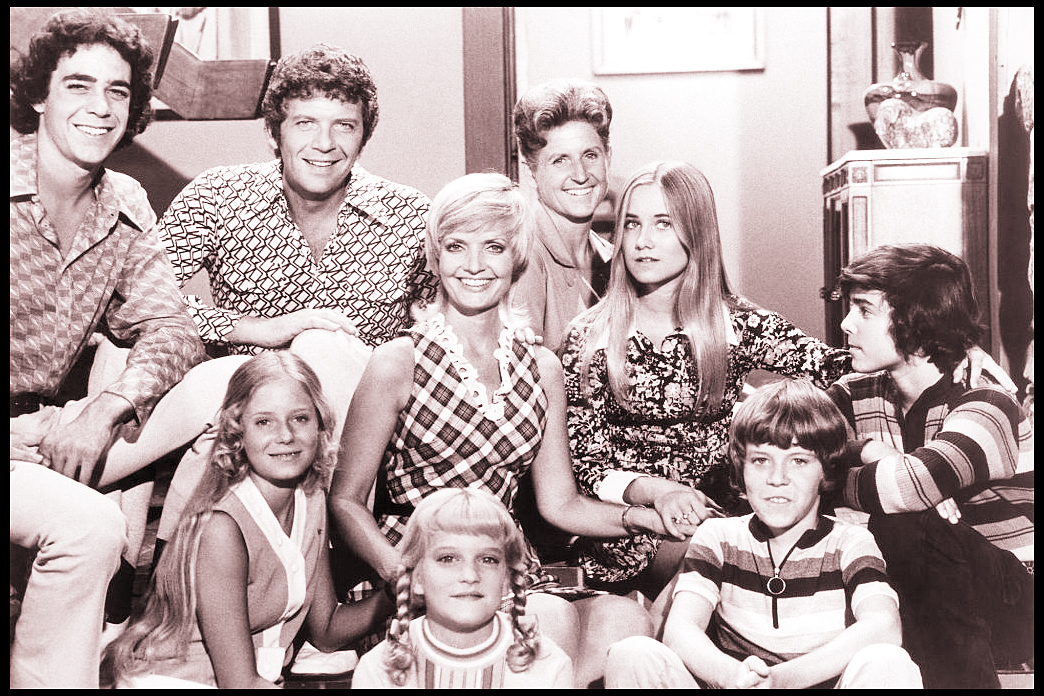No wonder these tainted and grim figures elicit such a fascination in the viewer, who, however subconsciously aligns himself with one or more of the characters. Even the late addition of Oliver, a golden haired adoptee, harkens back to German postwar industrialism and the American sense of shame and protectionism that allowed this gaunt and grisly giant to rise yet again in a fevered and hunger-stricken Europe. Tramp, the dog, a model of the underclass of western society--a rambunctious animal who can't or "won't" foresee the end results of his actions. A scapegoat, a handy excuse. Where is the term paper? Why, in the doghouse! Tramp, that scampy miscreant, has brought it thither ... Bad Tramp! He must be punished! Yet his housing is substandard and his food ration horribly meager compared to the lush lodgings and tempting morsels the Bradys themselves enjoy, albeit guiltily. Is it then any wonder that Tramp, the "underdog" of the working class, follows Sam, the "ubermensch" of life and destiny? Is it Sam's blood-stained leather apron that attract the canine representative of a down-trodden race, or is the attraction much deeper than the promise of a full belly? Is Sam, the Death-God, ultimately a figure of hope, truly the "great leveler" of men, the Grand Democrat who is arbiting mortality, plays no favorites, and makes no promises as to the "other side?" A deep vein of non-denominational spiritualism runs through the show. Is it there merely to amuse or tantalize? Is it a self-mocking reference to the Master's own plans and dreams involving the human race?


